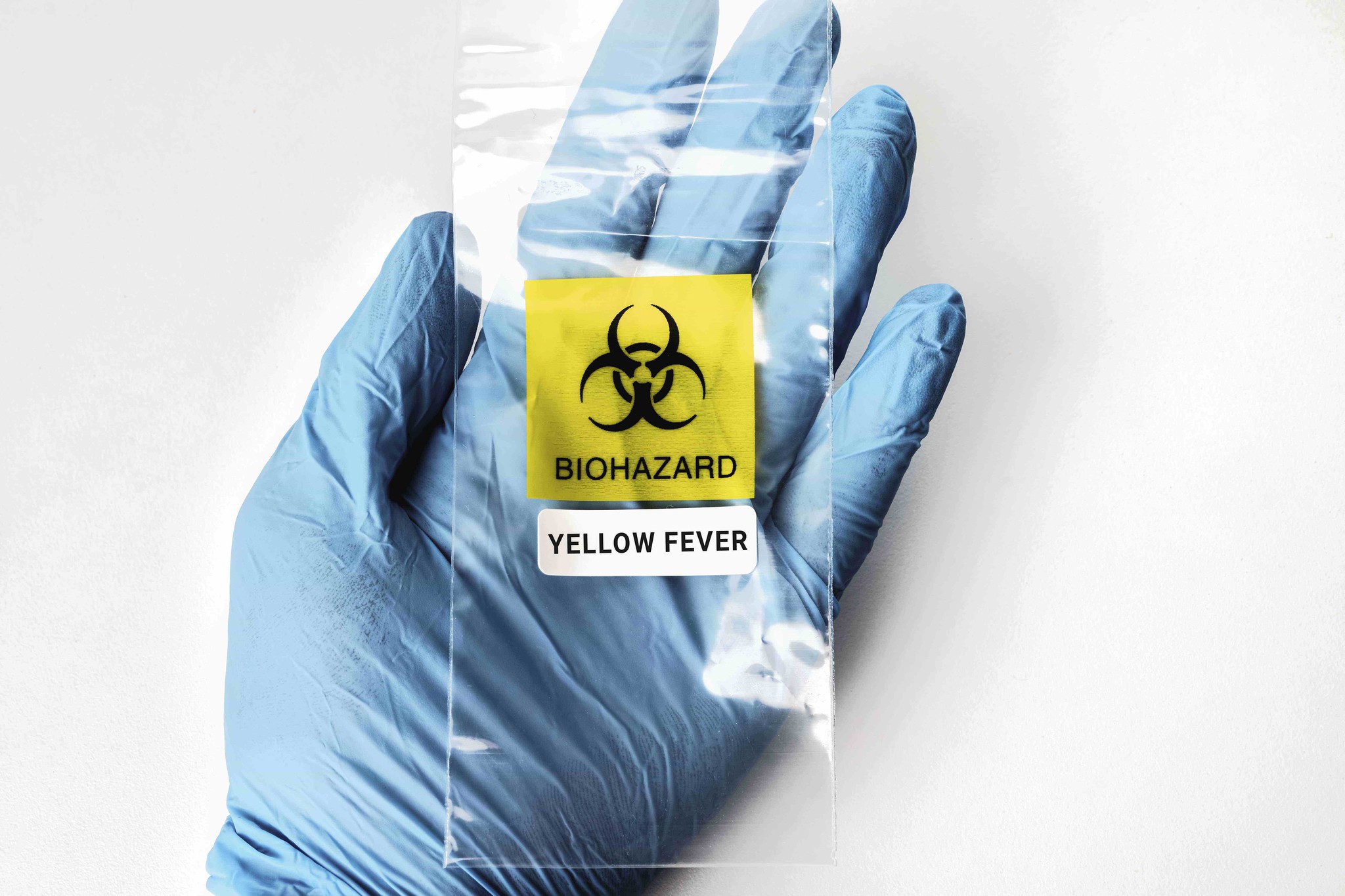Do I Need a Yellow Fever Certificate to Enter Tanzania?
Do I Need a Yellow Fever Certificate to Enter Tanzania? The majority of our clients don’t need a yellow fever license to go to Tanzania.
Tanzania’s entry standards say that you may need to show a yellow fever certificate if you are coming from a place where yellow fever could spread or if you are just passing through a country that has it.

Where is there a chance of getting yellow fever?
These are the places where yellow fever could spread:
AFRICA: Equatorial Guinea, Chad, the Central African Republic, the Republic of the Congo, the Democratic Republic of the Congo, Côte d’Ivoire, Mali, Niger, Nigeria, Senegal, Sierra Leone, South Sudan, Sudan, Togo, and Uganda.
IN THE AMERICAS: Venezuela, French Guiana, French Guiana, Guyana, Panama, Paraguay, Peru, Suriname, Trinidad and Tobago, and Venezuela.
Do I need a certificate for yellow fever?
The United States, the United Kingdom, Canada, Australia, and New Zealand are not places where yellow fever can spread, so travelers from these countries do not need a yellow fever certificate. You may need to present a yellow fever certificate if you travel through any of the high-risk countries listed above. This includes people who just fly through Nairobi and don’t leave the airport.
From what we’ve seen, the staff at Kilimanjaro Airport doesn’t make sure that people have the right yellow fever certificate. No one has ever told us that their clients had to show their yellow fever certificate.
The US Center for Disease Control says that Yellow Fever certificates are needed for people who are moving from a country where the yellow fever virus could be spread, even if they are just passing through an airport in a country where the virus could be spread for more than 12 hours. Getting a yellow fever shot is not usually a good idea for people going to Tanzania, according to the CDC.
What does Yellow Fever mean?
In the Flaviviridae family, the Flavivirus genus is what causes yellow fever. A mosquito that has the virus will bite you and give you the virus. When a mosquito eats the blood of a sick host, it gets the disease and then passes it on to the next person it bites.
There are three stages to a yellow fever illness. Symptoms may last for three to five days in the beginning. Remission is the next step. Most will get better here. However, for 15% to 25% of individuals, a potentially fatal third phase of the disease may occur.
The disease can have a wide range of signs, from being mild to being fatal. In its mildest form, the symptoms look like those of flu, malaria, dengue fever, or typhoid. A sudden onset of fever and chills, along with symptoms such as headache, backache, generalized pain, nausea, vomiting, a red face, and an infection in the inner eyelid, can be observed.
Jaundice, bleeding gums, soft palate hemorrhages, and vomiting blood (black vomit) are all signs of a dangerous infection. At this stage, the patient may experience shock. In the worst cases, there may be bleeding that stops on its own, kidney failure, confusion, coma, and death.
There is no special medicine that can cure yellow fever.
Medications used to treat yellow fever are mostly for making symptoms better, such as by encouraging rest, drinking plenty of fluids, and taking pain and heat-relieving drugs. Often, people need to stay in hospitals.
West, central, and eastern Africa, as well as South America, all have yellow fever. Asian countries have never found it. The World Health Organization says that every year there are 200,000 cases of yellow fever and 30,000 deaths.
Getting a Yellow Fever Shot
An individual should get a single yellow fever shot ten (10) days prior to visiting the country. The certificate is effective 100% of the time, and individuals who travel to high-risk areas must renew it every 10 years.
Given that Tanzania has a chance of spreading yellow fever, you might want to get vaccinated, even though the CDC doesn’t normally advise travelers to Tanzania to do so.
To reduce the risk of spreading the disease, you can also:
- Use bug spray with DEET, picaridin, oil of lemon eucalyptus, or IR3535 in it to keep bugs away.
- Cover up the skin on your arms, legs, head, and hands. Sleep with mosquito nets over your beds.
- Wear bug spray and stay inside during mosquito season (dusk to dawn).
- Keep good records of when, where, and what you did while traveling abroad in case you need to find a viral infection when you get back.
















